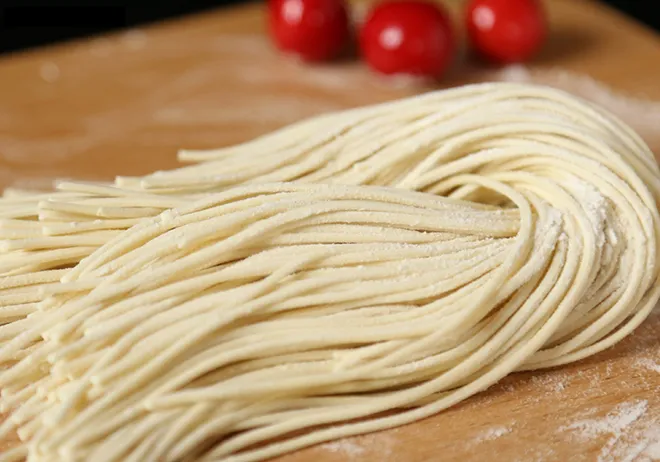what are soba noodles gluten free
Are Soba Noodles Gluten-Free?
When it comes to exploring the world of healthy and diverse culinary options, soba noodles often come to mind. Originally hailing from Japan, these thin noodles made from buckwheat have gained global popularity for their unique taste, nutritional benefits, and versatility in various dishes. However, a common question arises Are soba noodles gluten-free?
Understanding Soba Noodles
Soba noodles are primarily made from buckwheat flour, which, unlike wheat, does not contain gluten. Buckwheat is a robust pseudocereal, rich in protein, fiber, and essential nutrients. As such, one might assume that all soba noodles are gluten-free. However, the reality is more nuanced.
The production of soba noodles can vary significantly, and many commercial soba noodles contain a combination of buckwheat and wheat flour. This practice is often employed to enhance the texture and elasticity of the noodles, which are prized for their chewiness in traditional Japanese cuisine. As a result, if you encounter soba noodles that do not explicitly state gluten-free on the packaging, they most likely contain gluten due to the inclusion of wheat flour.
Gluten-Free Options
Fortunately, the growing awareness of gluten intolerance and celiac disease has led to the emergence of gluten-free soba noodles in the market. These noodles are made exclusively from 100% buckwheat flour, ensuring that they are safe for those with gluten sensitivities. When shopping for soba noodles, it is crucial to check the ingredients list carefully. Look for products labeled as 100% buckwheat or gluten-free to ensure that you are making a safe choice.
Another essential aspect to consider when purchasing soba noodles is cross-contamination. Many manufacturers process soba noodles in facilities that also handle wheat products, increasing the risk of gluten exposure. For individuals with severe gluten intolerance or celiac disease, it’s advisable to choose brands that specifically certify their products as gluten-free, minimizing the risk of cross-contamination.
what are soba noodles gluten free

Nutritional Benefits of Soba Noodles
Aside from their gluten-free potential, soba noodles offer numerous health benefits. Buckwheat is a powerhouse of nutrients, providing high levels of protein, fiber, and antioxidants. This makes soba a great option for people looking for plant-based protein sources.
Moreover, the fiber content in soba noodles can contribute to digestive health and help regulate blood sugar levels, making them suitable for individuals with diabetes. The antioxidants found in buckwheat, such as rutin, have been linked to several health benefits, including reduced inflammation and improved heart health.
Culinary Uses of Soba Noodles
Soba noodles are incredibly versatile and can be enjoyed in a variety of ways. They can be served hot, cold, in soups, or as salad bases. One common dish is “soba salad,” where chilled noodles are mixed with fresh vegetables, tofu, and a tangy dressing, creating a refreshing meal perfect for warm weather.
Additionally, soba noodles can be used in stir-fries or enjoyed in traditional Japanese dishes like soba noodle soup (soba-yu) or zaru soba, which is served cold with a dipping sauce.
Conclusion
In conclusion, soba noodles can be gluten-free, but it ultimately depends on the specific product you choose. Always check the labels to ensure that you are selecting gluten-free options made solely from buckwheat flour. With their rich nutritional profile and culinary versatility, gluten-free soba noodles can be an excellent addition to your diet, offering both flavor and health benefits. Embrace the world of soba, and enjoy this nutritious noodle that caters to both gluten-sensitive diets and health-conscious eaters alike!
-
Unleash Your Inner Chef with Delectable Italian Pasta CreationsNewsAug.01,2025
-
Savor Health and Flavor: Irresistible Soba Noodles for Sale Await!NewsAug.01,2025
-
Nourish Your Body with Premium Organic Ramen - A Culinary Delight AwaitsNewsAug.01,2025
-
Elevate Your Dishes with Our Exquisite Kinds of Egg NoodlesNewsAug.01,2025
-
Dive into Flavorful Convenience with Our Ramen OfferingsNewsAug.01,2025
-
Discover Exquisite Types of Naengmyeon and Chilled Soba NoodlesNewsAug.01,2025
-
Is Whole Wheat Pasta Healthy?NewsMay.30,2025
Browse qua the following product new the we

















































































































